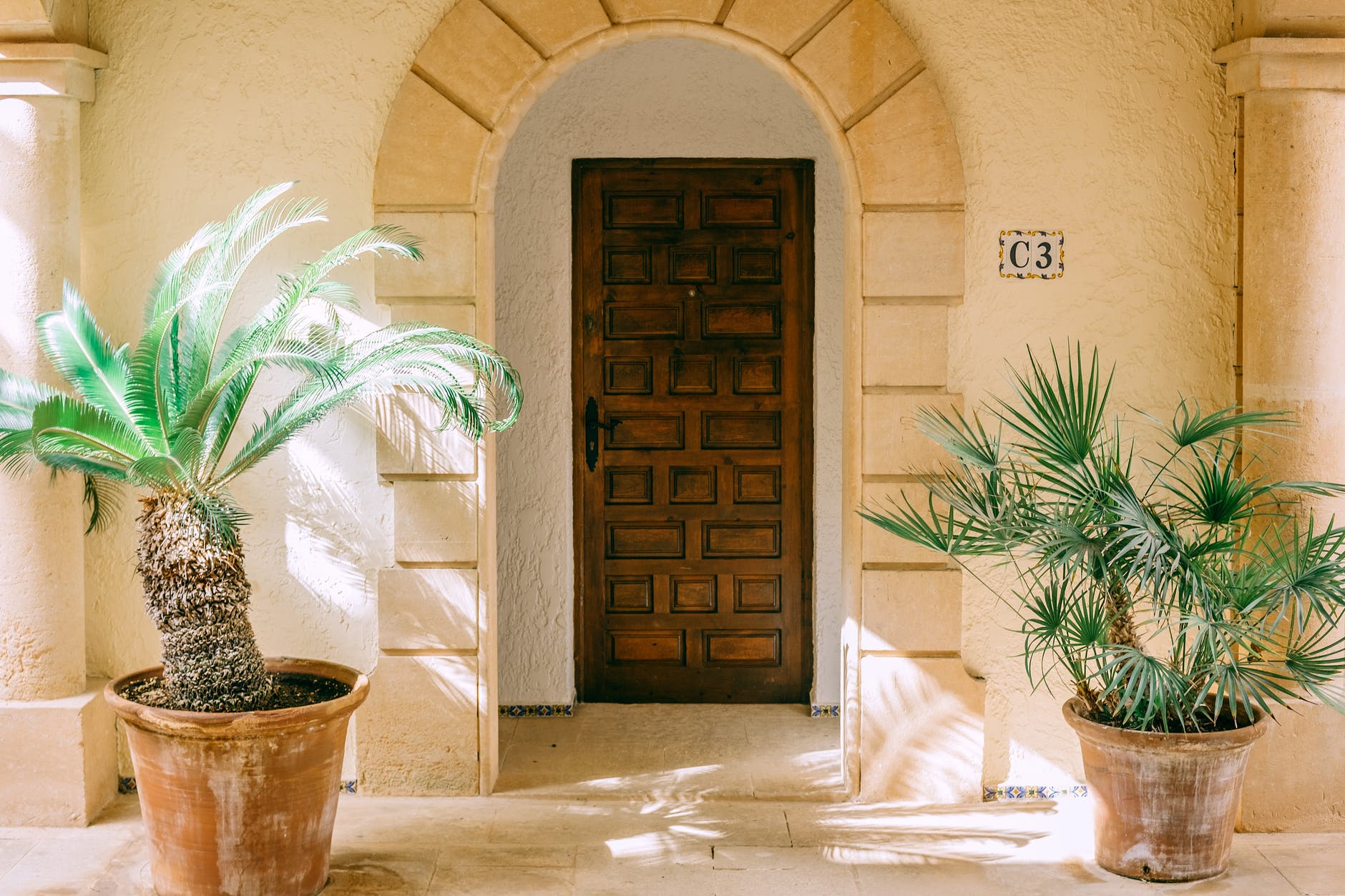Traveling for leisure is one of the greatest pastimes in America and around the world.
Certain destinations in the United States are incredibly popular with travelers and have been for decades.
For example, travelers love Branson, Missouri, for live entertainment. The Florida panhandle is known for its beautiful, family-friendly beaches. The North Carolina Outer Banks are known for their rugged coastal beauty. These are just a few of the many places where people consider buying vacation homes so they can not only personally enjoy them but potentially rent them out.

The vacation rental market is massive and growing, thanks in large part to the growth and popularity of home-share sites.
Vacation rentals are a major part of the modern travel ecosystem.
A few interesting statistics include:
Those statistics can make the idea of investing in a vacation rental appealing, particularly in a high-demand area like the ones listed above. At the same time, it’s not something without challenges.
Below we talk more about what you should know and how you should prepare to invest in a vacation property, and what the risks can be.
If you’re thinking about investing in a vacation rental, there are differences between this and investing in traditional real estate. You have to understand the local market well or hire a real estate professional who does. You also need to figure out the projected revenue.
Location is the top priority you have to keep in mind when investing in a vacation property. That’s more important than anything else, and it’s what can’t be changed.
The more specific you can be as you decide on a location, the better. You need to think about the weather, the market conditions, amenities, demand, and things like flooding, taxes, and the type of insurance you would need.
Even if you find a beautiful property, if it’s not in an area that would be in demand for travelers, it’s not going to be a worthwhile investment.
You want to think about whether you’d want to vacation in the area and how close a property is to certain attractions that the location is known for. What will the seasonal fluctuations likely look like?
The income generated by a vacation rental depends on the season, unlike a traditional rental property. If you buy something near a ski resort, winter is your prime time. In a coastal area, it’s summer. You have to know how the peak seasons are going to influence your monthly expenses.
If you’re financing an investment, then there are differences between a vacation rental and a primary residence or a second home. A vacation home can fall into the second home category, but with some differences.
To be considered a second home, you must occupy the vacation property for part of the year. The property must be suitable and accessible for year-round occupancy, and it has to be a one-unit dwelling. To be considered a second home in the eyes of a lender, the property can’t be subject to property management, timeshare, or rental agreements.
A second home isn’t meant to be used as a rental property. Mortgage lenders view second homes as something you’re going to enjoy and live in a part of the time.
If you want to rent out of your property most of the time and you won’t be visiting much, you’ll need an investment property loan. An investment property loan is going to have higher mortgage rates and stricter lending requirements.
Some lenders are getting more flexible in letting a homeowner of a vacation property generate rental income, but they still have to occupy the home some of the time.
If you own a home and rent it for fewer than 15 days, you don’t have to report the income according to IRS rules. However, the IRS will consider a second home an investment property if you spend fewer than two weeks in it and then try to rent it out the remainder of the time.
Any rental loss is considered a passive or hobby loss by the IRS. They can only be written off against your income for other passive activities. Passive losses you can’t use are then carried forward until the point you sell the vacation home. When you do sell it, you can use your losses from the past to offset gains.
One of the biggest risks of investing in a vacation rental is not getting the returns you want or need to make it worth. Your goal is to make enough so that you can cover your costs and earn a profit.
To reduce the risks associated with buying this type of property, you should crunch the numbers beforehand.
There are online calculators you can use to analyze your potential rate of return. You can also generate reports on cash flow, recurring monthly expenses, the project occupancy rate, and the tax history.
As with any investment, there are pros and cons to vacation rentals. The following are things to consider in the process:
The following are some of the upsides of being a vacation rental owner:
The possible downsides of buying a vacation rental can include:
Vacation rental properties can be a great way to build wealth and earn an income consistently, but only if you’re strategic before you make a purchase. A vacation rental isn’t inherently a good investment. Only certain properties are going to fit the criteria to be a good investment, based on everything from the location to how likely it is to stay rented on a regular basis.